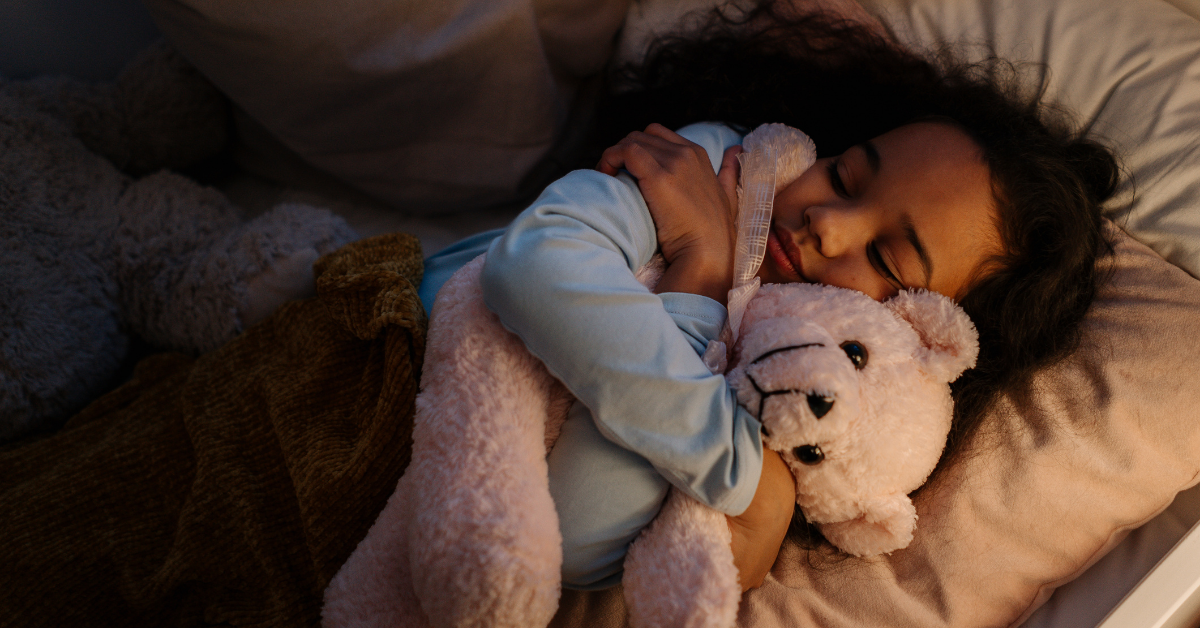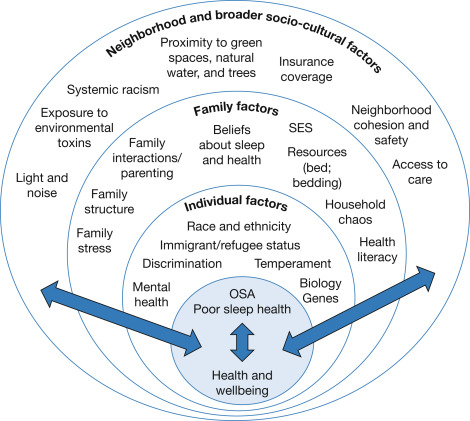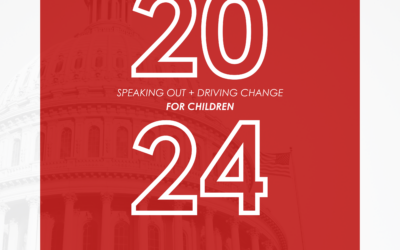
Sleep is incredibly important for the bodies and brains of children. More specifically, sleep allows for the brain to recharge and consolidate memories. For children specifically, sleep aids in the functions of the immune system as well as muscle growth and repair. Certain growth hormones are also released during sleep. Quality sleep is associated with an increased ability to focus and be creative. Inadequate sleep leads to poor academic performance, increased risk of anxiety and depression, and development of obesity, diabetes, and high blood pressure later in life.
There are a multitude of factors that influence the quality and quantity of sleep children receive. The factors go beyond healthy sleep hygiene practices and smart bedtime choices. Often outside a child’s or parent’s locus of control, there are systemic neighborhood factors, family-level factors, and individual factors that intersect and compound in how they affect sleep.

Source: Billings et al. (2020), Disparities in Sleep Health and Potential Intervention Models: A Focused Review, Chest, Volume 159, Issue 3,2021, Pages 1232-1240, ISSN 0012-3692, https://doi.org/10.1016/j.chest.2020.09.249.
Neighborhood Factors
These include things like neighborhood characteristics, bedroom environment, and broader issues such as systemic racism. Children from low-income families are more exposed to household overcrowding, noise, and light; there are also increased rates of crime and fewer health amenities, all of which contribute to a higher likelihood of developing serious sleep problems as compared to children living in high-income neighborhoods.
Exposure to light and noise can negatively impact the transition between sleep cycles and lead to less time spent in deep sleep which is especially important to brain health and function as well as overall mood. More specifically, disruption of sleep cycles due to nighttime noise leads to increased levels of stress hormone and decreased levels of melatonin, in addition to elevated heart rate and blood pressure.
While this is in no way a complete and comprehensive list of the many components that can impact sleep quality and quantity in children, these are some of the main factors that contribute to sleep health and thus, overall physical and mental health and wellbeing. Thus, resources should be allocated to allow children from all backgrounds to have healthy sleep environments. Shedding light on the factors that affect and explain disparities in sleep health is the first step in achieving equity, as all children deserve to get adequate sleep and grow up healthy.
Family Factors
Family factors include socioeconomic status, availability of resources such as bed and bedding, and social support, to name a few. Children from low socioeconomic statuses have shorter sleep durations, more sleep difficulties, and increased sleepiness during the daytime. These can manifest in low academic performance and general mood instability.
Marital conflict and aggressive parenting styles are also significant predictors of worse sleep quality in children. On the other hand, children who have healthy relationships with their parents and live in supportive, safe, and connected family environments fall asleep more quickly and are more likely to maintain restful sleep.
Individual Factors
These include race and ethnicity, immigrant/refugee status, and whether one is experiencing stress and depression. Non-Hispanic white children are more likely to go to bed earlier, sleep more at night, and nap less during the day compared to racial and ethnic minorities. This can be explained by differing cultural attitudes towards sleep practices, in addition to larger-scale systemic issues children of color are more likely to face. Due to past trauma, refugee children also report worse sleep quality and over twice the rate of sleep disorders compared to non-refugee children.
Additionally, mental health disorders make it more difficult to get a good night’s sleep, and inadequate sleep can in turn worsen the disease. Thus, seeking treatment may, in turn, allow for improved sleep quality, and practicing healthy sleep habits can improve mental health.
Looking for more information on sleep and how to support children? Visit sleep.com for insights direct from sleep experts!
MORE LIKE THIS
Virtual Press Conference: CHILDREN AT RISK and Community Leaders on the Future of the Child Tax Credit
C@R and researchers, family policy experts, and community leaders will hold a press conference urging Congress to ensure that any revisions to the Child Tax Credit (CTC) maintain its proven support for working families. Media Contacts:Morgan...
2024 Annual Report
Dear Friends and Advocates, At CHILDREN AT RISK, we believe that every child deserves a fair shot at success—and we know that it takes all of us to make that happen. Whether you’re a policymaker, educator, donor, volunteer, or advocate, your...
CHILDREN AT RISK Condemns Unlawful Deportation of U.S. Citizen Children
FOR IMMEDIATE RELEASE CHILDREN AT RISK Condemns Unlawful Deportation of U.S. Citizen Children and Urges Immediate Federal Action Houston, TX — CHILDREN AT RISK, a non-partisan research and advocacy nonprofit dedicated to improving the quality of...
Press Conference: Protecting Families and Children Amidst the Growing Measles Outbreak in Texas
Texas faces a growing measles outbreak, highlighting a critical need for increased public awareness to protect children. Media Contacts:Morgan Gerri, 832.600.9354Rashena Franklin, 713.301.4577 TEXAS (March 11, 2025) – Since January, Texas has...
Recap: The State of Black Children in Texas 2025
On February 13, 2025, CHILDREN AT RISK presented the virtual learning summit The State of Black Children in Texas. Each year, the State of Black Children in Texas Summit serves as a call to action—a gathering place for experts, advocates, and...
RECAP: The Future of San Antonio 2025
Family Service San Antonio and CHILDREN AT RISK collaborated to present the second annual Future of San Antonio community event on February 28, 2025 On February 28, 2025, CHILDREN AT RISK and Family Service San Antonio co-hosted The Future of San...





